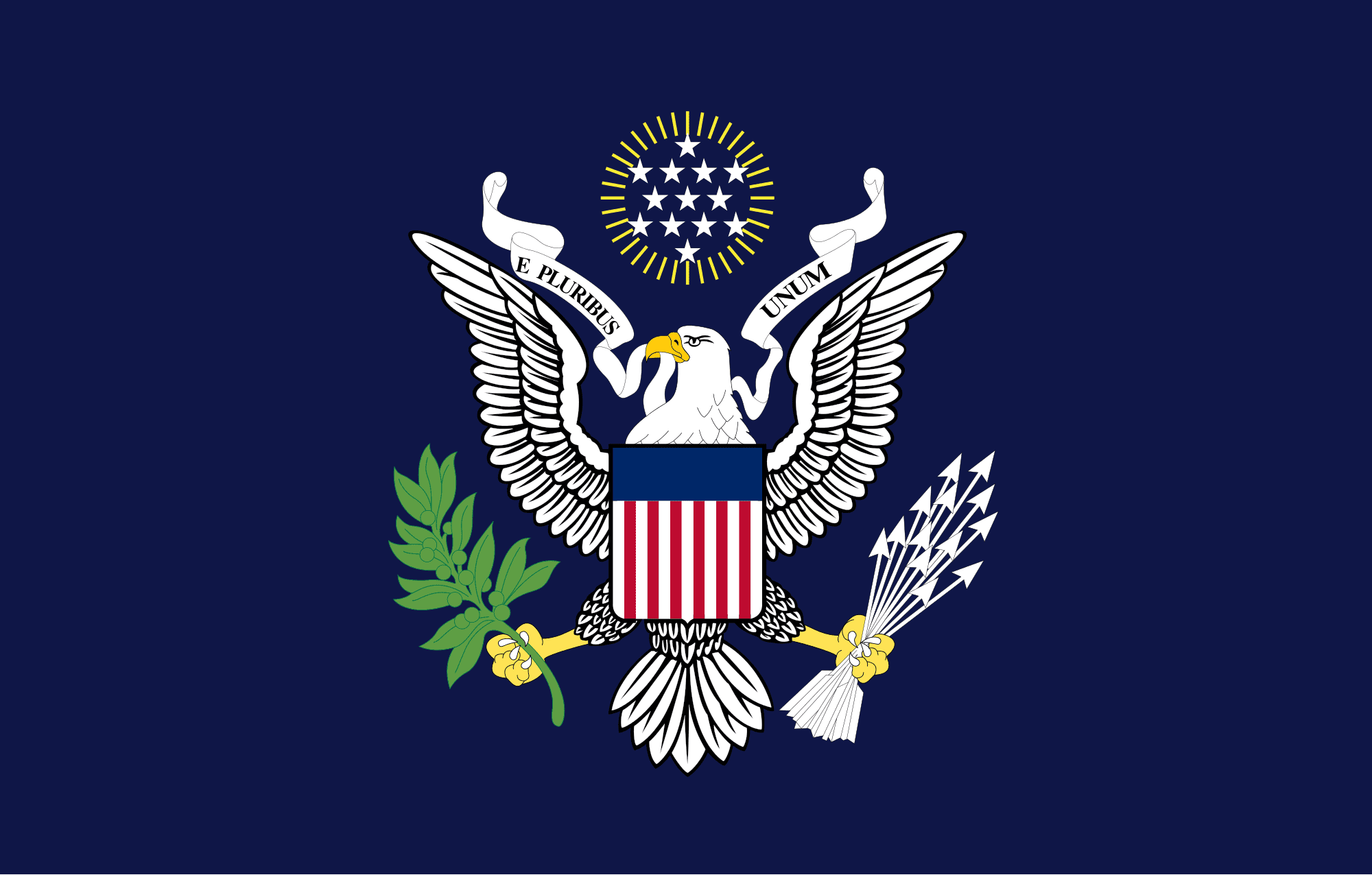
Congress has passed a stopgap spending measure to ensure that the US government and several immigration operations will be extended through to December 11, 2020.
The spending measure extended the four expiring immigration programs including the E-Verify, the EB-5 Regional Center Program, the Conrad 30 Program, and the Special Immigrant Non-Minister Religious Worker permanent residence program.
This stopgap spending has also brought changes to the premium processing services. Premium processing guarantees that USCIS will take adjudicative action on the application within 15 days. If USCIS fails to do so, the agency will return the fee but still expedite the application. Premium processing also guarantees that any RFE or NOID responses will also be adjudicated within 15 days. Please click here to learn more about premium processing. One of the changes is that premium processing fees has now increased from $1440 to up to $2500.
The program has also expanded to include more applications and petitions, including the following:
| Type | Processing Time | Premium Processing Fee |
| Most Form I-140, EB-1, EB-2, and EB-3 petitions | 15 calendar days | $2500 |
| EB-1 Multinational Manager EB-2 National Interest Waiver EB-2 Physician | 45 days | Not greater than $2500 |
| Form I-129 Nonimmigrant Worker Petition Form I-129 Applications: E-1, E-2, H-1B, H-2B, H-3, L-1A, L-1B, LZ, O-1, O-2, P-1, P-1S, P-2, P-2S, P-3, P-3S, Q-1, R-1, TN-1 and TN-2. | 15 calendar days | $2500 |
| Form I-539 Change or Extension of Status to F, J, or M | 30 days | Not greater than $1750 |
| Form I-539 Change or Extension of Status for E, H, L, O, P, and R Dependents | 30 days | Not greater than $1750 |
| Form I-765 Application for Employment Authorization | 30 days | Not greater than $1500 |
The new regulations has also limited DHS’ authority to suspend premium processing services. DHS usually suspends premium processing when they have a large amount of application to process and feel that the agency cannot complete the review of application in a timely manner. Now, DHS are only permitted to suspend services when DHS cannot complete a “significant number” of premium processing requests. It also requires DHS to provide petitioners and applicants with “direct and reliable” access to premium case status information and the ability to communicate with premium processing units at USCIS Service Centers.
Although the new premium processing law has immediate effect, it will take USCIS some time to implement the law. USCIS will issue an announcement when the expanded program becomes available. The current premium processing services remain in place until then.